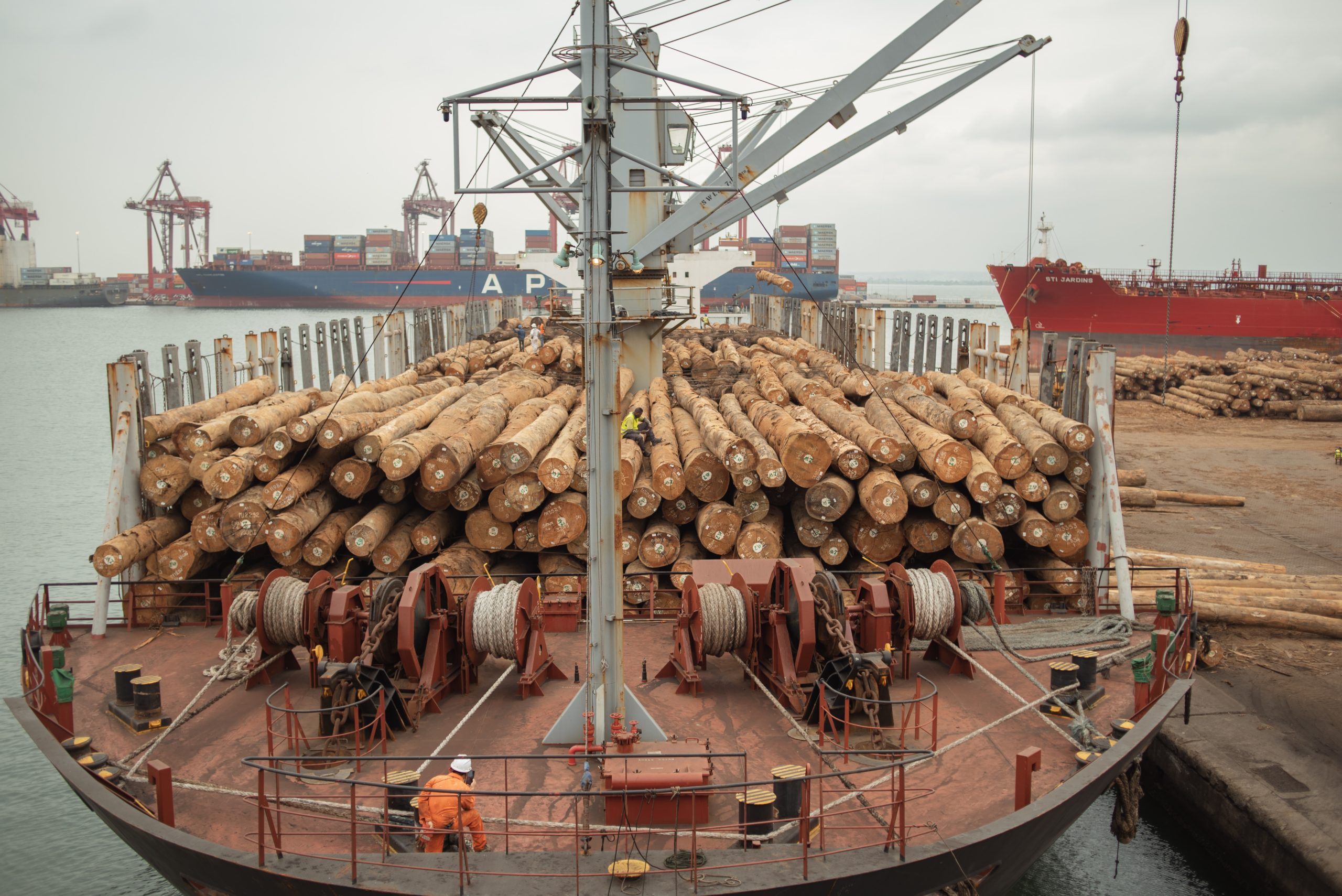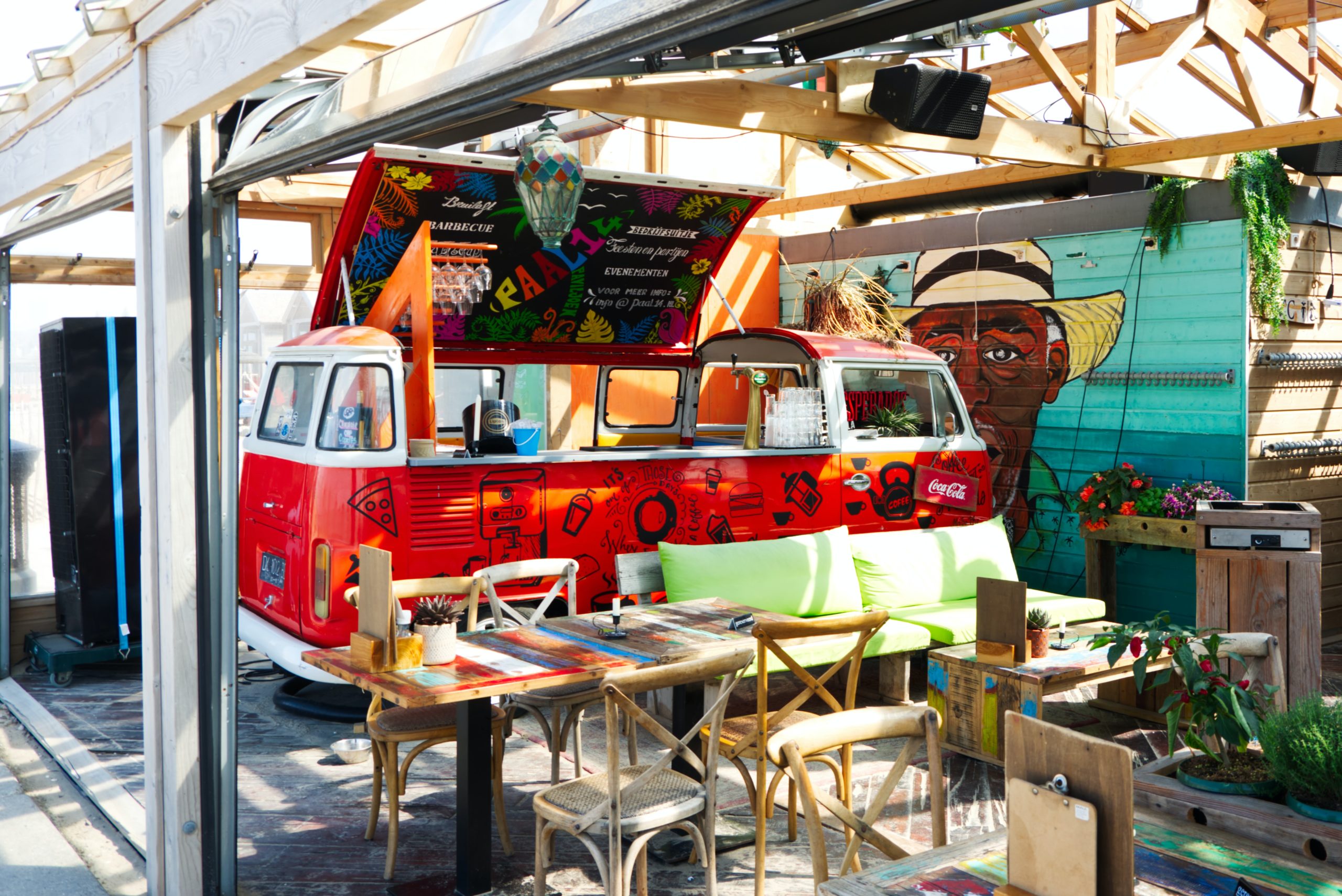Namibia’s commercial real estate market is a hidden goldmine. The country is politically stable, economically growing, and full of untapped opportunities. If you’ve been thinking about investing in office buildings, retail spaces, or industrial properties—this is your sign. But let’s be honest: real estate isn’t for the faint of heart. You need a solid plan, some guts, and a whole lot of patience. This guide will walk you through every step to help you crush it in Namibia’s commercial real estate game.

Get legal – Business registration & land ownership
Namibia is serious about its real estate regulations, so don’t try to cut corners. Here’s what you need to do:
- Register your business – Do this with the Business and Intellectual Property Authority (BIPA).
- Get a tax ID – The Namibia Revenue Agency (NamRA) will issue your Taxpayer Identification Number (TIN).
- Understand land ownership laws – Unlike some African countries, foreigners CAN own land in Namibia. But you need to follow the rules.
If you’re a foreign investor, consider setting up a joint venture with a local partner. It makes things smoother and helps you navigate the system faster.
Pick the right type of commercial property
Not all commercial real estate is created equal. You need to choose wisely, or else you’ll be sitting in an empty building wondering where your money went. Here are your options:
- Office Spaces – Windhoek is growing, and companies need places to work.
- Retail Centers – Shopping malls and storefronts are in huge demand, especially in tourist areas.
- Warehouses & Industrial Parks – Namibia’s logistics sector is expanding, thanks to the port in Walvis Bay.
- Hotels & Airbnb Properties – The tourism industry is booming. More visitors = more demand for short-term rentals.
Pick the wrong property, and you’re stuck with a bad investment. Pick the right one, and you’re on your way to serious profits.
Location
If you get this wrong, you’re doomed. You can have the best building in the world, but if it’s in the wrong spot, you’ll struggle to find tenants.
Here’s the breakdown:
- Windhoek – Corporate offices, business centers, and retail shops.
- Walvis Bay – Warehouses, storage units, and industrial facilities.
- Swakopmund – Hotels, resorts, and commercial properties for tourists.
And don’t just guess—go there, walk around, talk to local agents. The best investors are the ones who do their homework.
Funding – Because real estate isn’t cheap
Commercial properties aren’t exactly pocket change, so how do you fund this?
- Bank Loans – Namibia’s banks offer real estate financing, but interest rates can be high.
- Private Investors – Find business partners who want in on the action.
- Government Grants & Incentives – Certain sectors like tourism and infrastructure get incentives.
- Seller Financing – Negotiate with property owners for flexible payment plans.
Smart investors mix different funding sources. Don’t go all in on one option—spread the risk.
Marketing & finding tenants
A building without tenants is just a big, expensive headache. Here’s how to fill your spaces fast:
- Network Like Crazy – Go to business events, meet potential clients, and spread the word.
- Hire Real Estate Agents – They know the market and can connect you with serious tenants.
- Use Online Platforms – List your properties on real estate websites, social media, and business forums.
- Competitive Pricing –Study the market rates and prices smartly.
If your property stays empty, your money isn’t working for you. Keep it occupied, and watch your profits grow.
Scaling – Turn one property into an empire
Once you get the hang of it, don’t stop at one property—go BIG.
- Reinvest Your Profits – Instead of cashing out, buy more properties.
- Diversify – Mix office spaces, retail, and industrial properties for multiple income streams.
- Partner with Bigger Investors – If you want to scale fast, team up with serious players.
The key to long-term success? Keep expanding, keep reinvesting, and keep improving your properties.
Conclusion
Starting a commercial real estate business in Namibia is not just possible—it’s an incredible opportunity. But don’t go in blind. Know the market, get your legal paperwork in order, pick the right properties, and manage them well. With the right strategy, you can turn your investment into a thriving real estate empire. Now go out there and make it happen!
You may also find these articles helpful
Start a tourism business in Nauru
Start an E-Commerce business in Nicaragua
Start IT businesses in the Philippines






